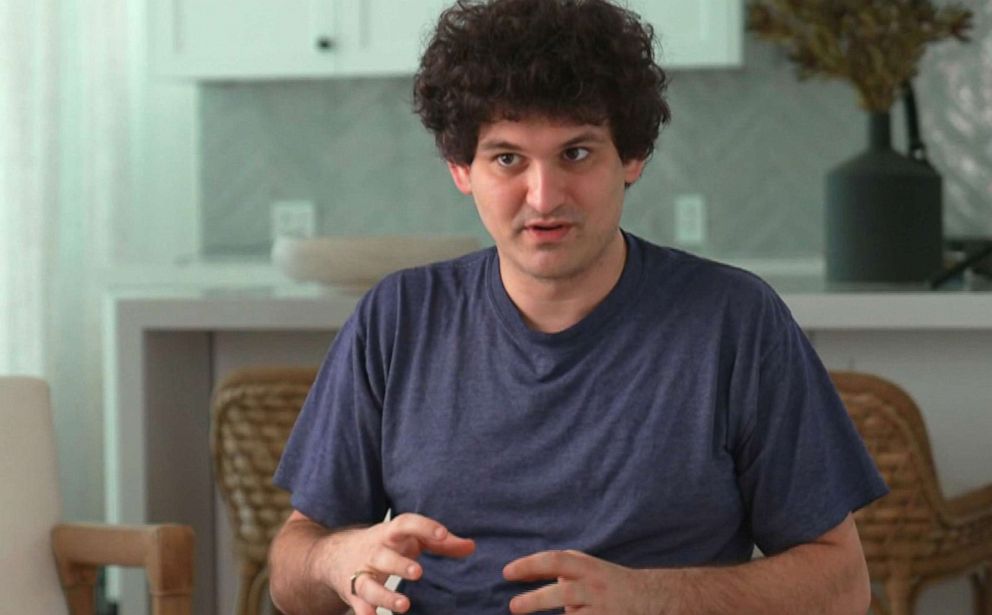Corporations do not share our priorities. They are hive organisms constructed out of teeming workers who join or leave the collective: those who participate within it subordinate their goals to that of the collective, which pursues the three corporate objectives of growth, profitability, and pain avoidance. (The sources of pain a corporate organism seeks to avoid are lawsuits, prosecution, and a drop in shareholder value.)
Corporations have a mean life expectancy of around 30 years, but are potentially immortal; they live only in the present, having little regard for past or (thanks to short term accounting regulations) the deep future: and they generally exhibit a sociopathic lack of empathy. […]
We are now living in a global state that has been structured for the benefit of non-human entities with non-human goals. They have enormous media reach, which they use to distract attention from threats to their own survival. They also have an enormous ability to support litigation against public participation, except in the very limited circumstances where such action is forbidden. Individual atomized humans are thus either co-opted by these entities (you can live very nicely as a CEO or a politician, as long as you don’t bite the feeding hand) or steamrollered if they try to resist.
In short, we are living in the aftermath of an alien invasion.
In the last few years, I have given talks at conferences and spoken on panels about the social impacts of new technology, and as a result I am sometimes asked when ‘real’ AI will arrive – meaning the era of super-intelligent machines, capable of transcending human abilities and superseding us. When this happens, I often answer: it’s already here. It’s corporations. This usually gets an uncertain half-laugh, so I explain further. We tend to imagine AI as embodied in something like a robot, or a computer, but it can really be instantiated as anything. Imagine a system with clearly defined goals, sensors and effectors for reading and interacting with the world, the ability to recognize pleasure and pain as attractors and things to avoid, the resources to carry out its will, and the legal and social standing to see that its needs are catered for, even respected. That’s a description of an AI – it’s also a description of a modern corporation…. Corporate speech is protected, corporate personhood recognized, and corporate desires are given freedom, legitimacy and sometimes violent force by international trade laws, state regulation – or lack thereof – and the norms and expectations of capitalist society. Corporations mostly use humans as their sensors and effectors; they also employ logistics and communications networks, arbitrage labour and financial markets, and recalculate the value of locations, rewards and incentives based on shifting input and context. Crucially, they lack empathy, or loyalty, and they are hard – although not impossible – to kill.

